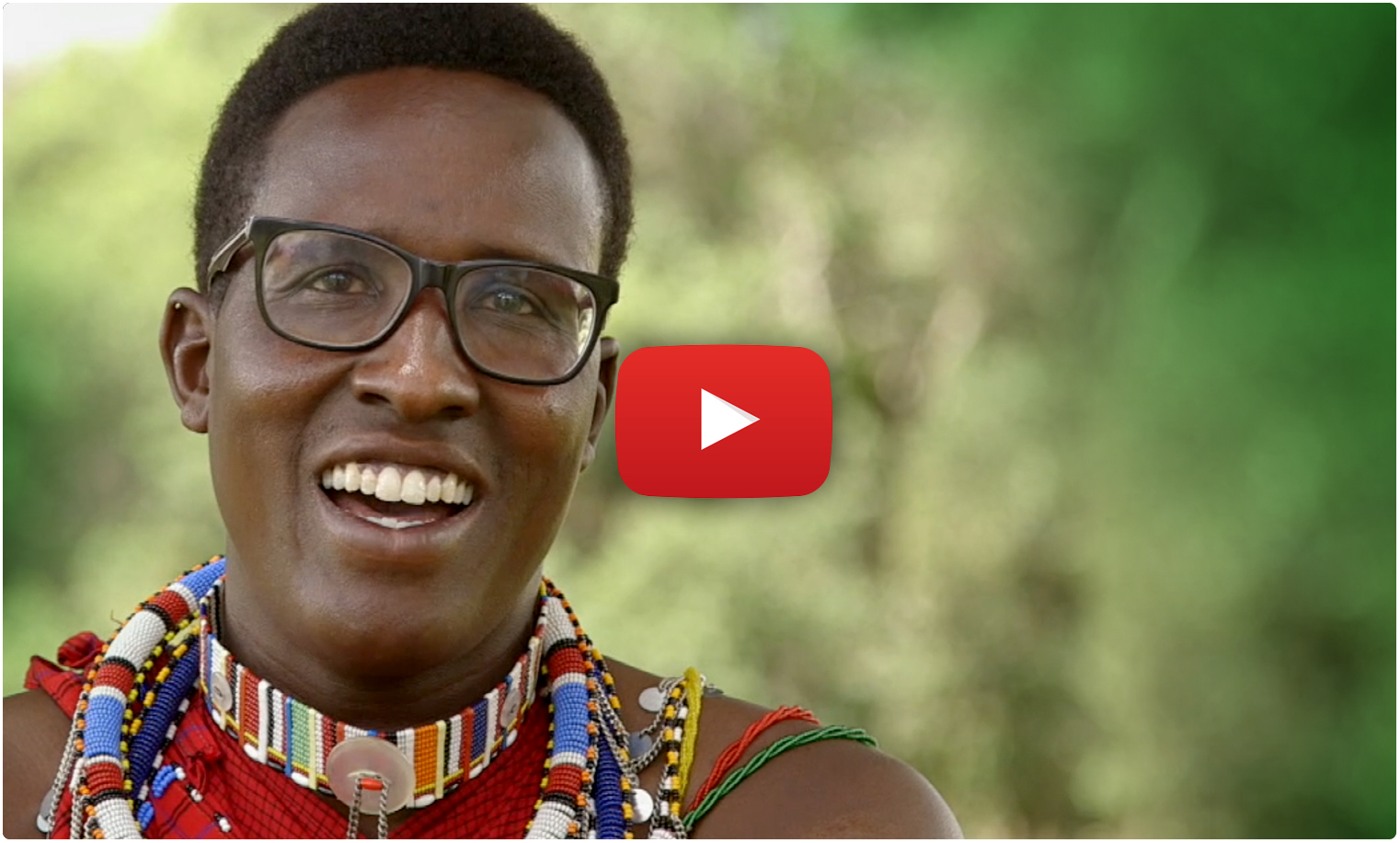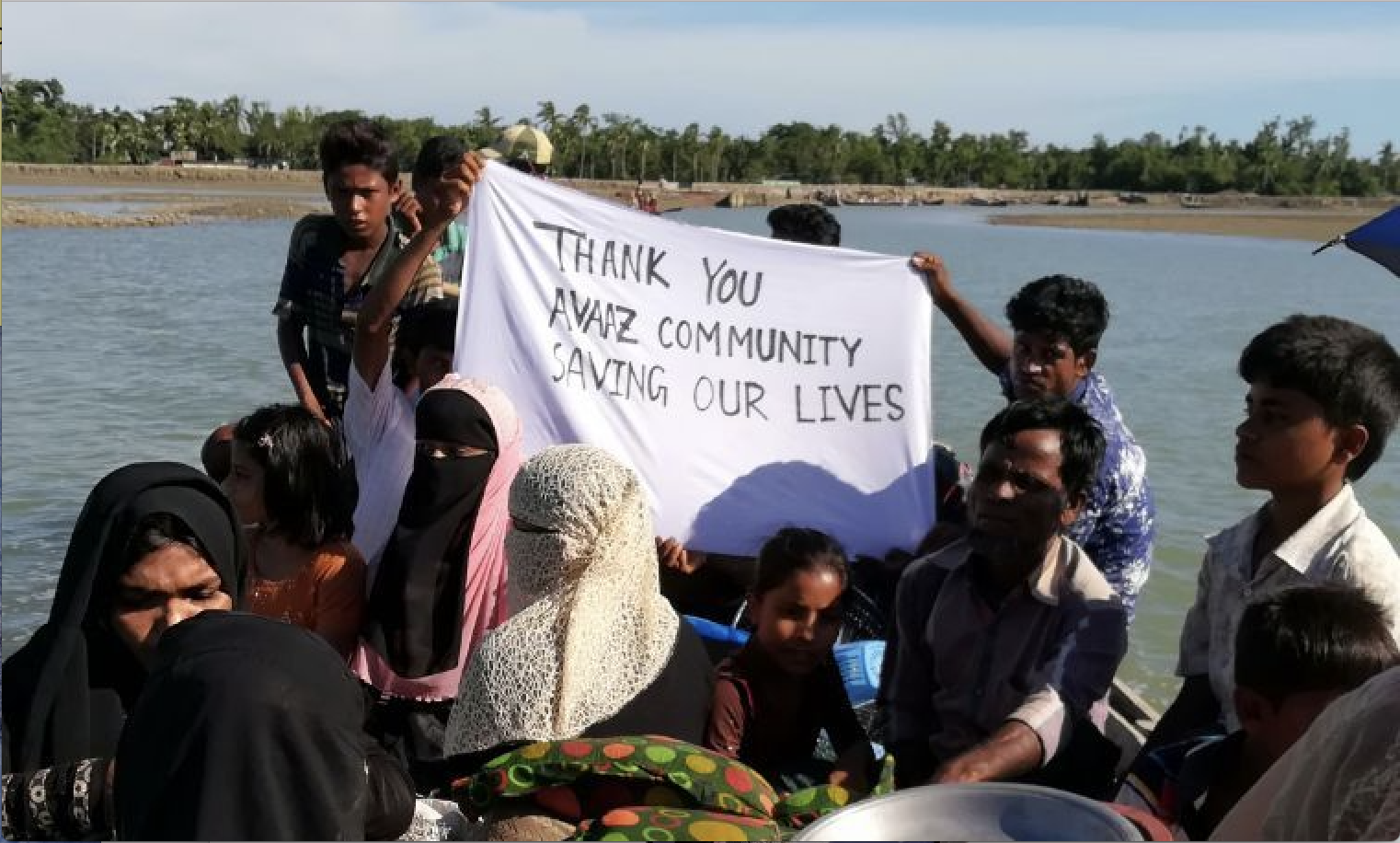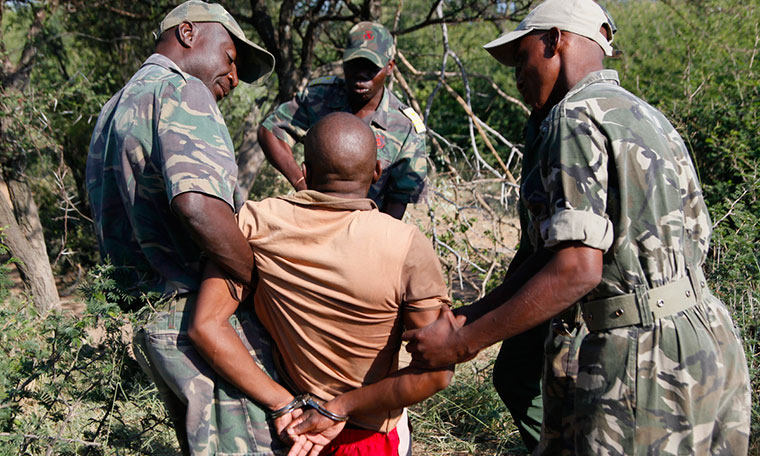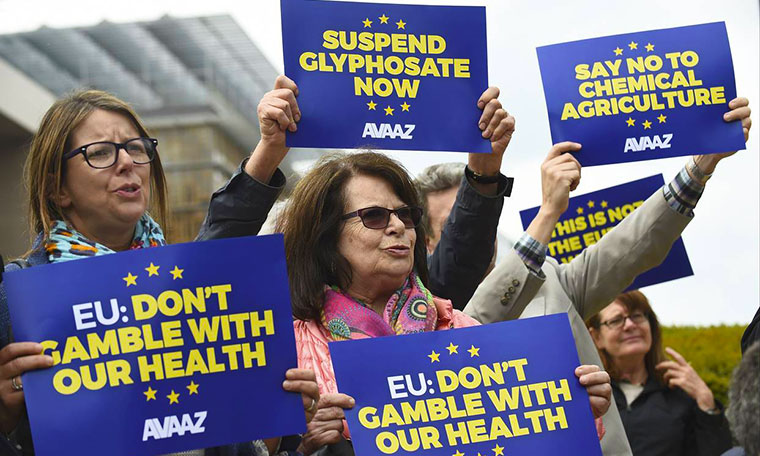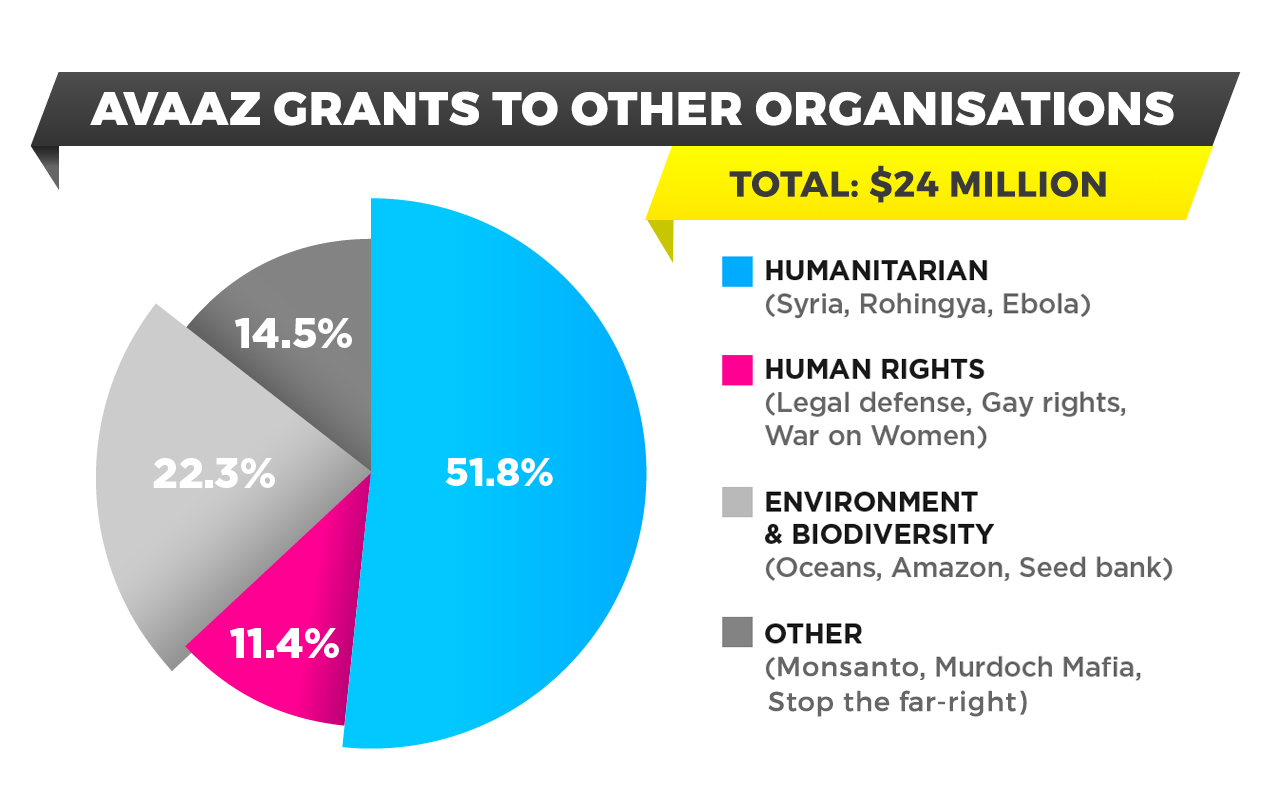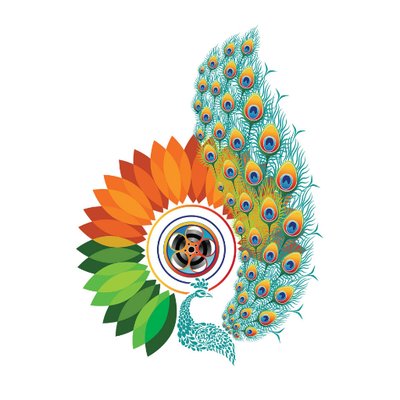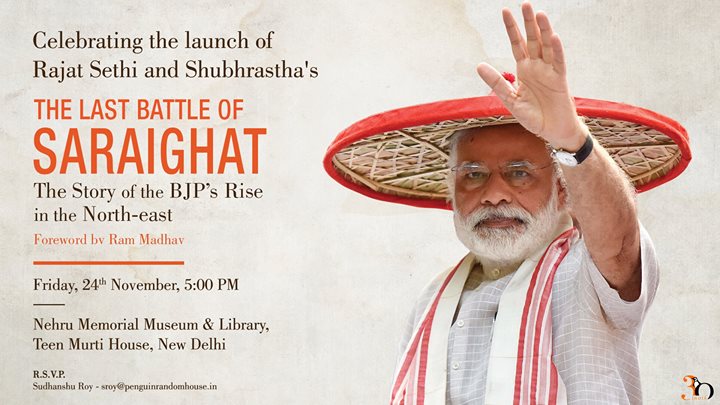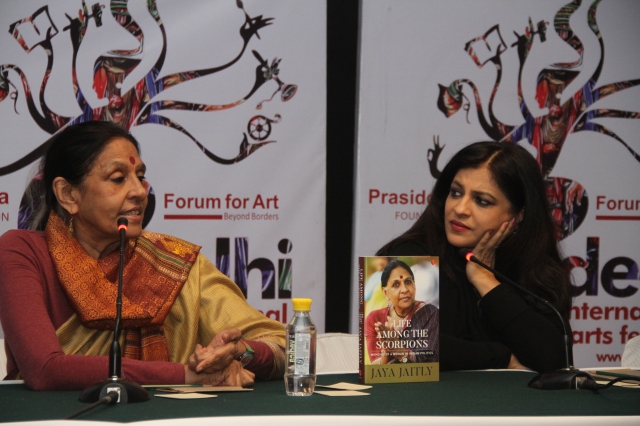Session on
“India- Korea Relations in a Changing Global Environment”
EVENT DETAILS
DATE Friday, December 1, 2017TIME 4:30 PM – 6:00 PM (Registration: 04:00 PM )LOCATION Dome, Vivanta by Taj – Ambassador, Sujan Singh Park, Subramaniam Bharti Marg, New Delhi SPEAKERS Dr AHN Choong Yong, Chair, Korea Commission of Corporate Partnership; Co-Chair, India – Korea Strategic Dialogue Mr Gaddam Dharmendra, Joint Secretary, Policy, Planning and Research, Ministry of External Affairs, Government of India Mr Naushad Forbes, Co – Chairman, Forbes Marshall, C0-Chair, India – Korea Strategic Dialogue Dr JUNG Ku-Hyun, President, The Seoul Forum for International Affairs (SFIA); Professor Emeritus, Yonsei University Mr B J Panda, Member of Parliament, Lok SabhaCHAIR Mr Tarun Das, Founding Trustee, Ananta Aspen Centre & Former Chief Mentor, Confederation of Indian Industry
ABOUT THE EVENT India – Republic of Korea (RoK) relations are driven by a significant convergence of interests, mutual goodwill and high level exchanges. They have made great progress in recent years and have become truly multidimensional. The motivation for a close relationship between the two countries has been reinforced in modern times by political and economic imperatives. India and the Republic of Korea have renovated their relations and signed agreements in areas ranging from trade and investment to culture, counter-terrorism and civil nuclear energy.
India and South Korea share close trade and investment relations. Keeping the global environment in mind, there is a need for the two to add a strategic dimension and to move the economic relations to the next level. It is also essential to examine and explore issues on India – Korea bilateral security, maritime, and diplomatic relations, energy collaboration and bilateral cultural and educational ties. It is important that India and Korea keep nurturing these relations especially in the changing global scenario where there is a sense of growing protectionism and geopolitical uncertainty in the world. The public forum will focus on these and various other aspects about the future of India- Korea ties in a changing global environment.
Please respond by clicking one of the buttons below
 SPEAKERS
SPEAKERS  Dr AHN Choong Yong
Dr AHN Choong Yong,
Chair, Korea Commission of Corporate Partnership; Co-Chair, India – Korea Strategic Dialogue
Dr. Ahn is currently Chairman, Korea Commission for Corporate Partnership (KCCP) and responsible for inducing voluntary collaborations between Korea’s big businesses and SMEs, and also Chairman of the Board, Korea Electric Power Corporation. Before taking his current post, he served as Foreign Investment Ombudsman (2006-2014) who is the troubleshooter responsible for resolving grievances raised by foreign investors at the Korea Trade and Investment Promotion Agency in Korea. He is former Chairman of the Presidential Regulatory Reform Committee (2010-2012). He holds also Distinguished Professorship at Graduate School of International Studies, Chung-Ang University.While on sabbatical from Chung-Ang University, he also served several posts such as the President of the Korea Institute for International Economic Policy (2002-2005); Chair of the APEC Economic Committee; Chair of Board, Choheung Bank; consultant to the World Bank; UNIDO Chief Technical Advisor to the Economic Planning Unit of Malaysia to design Malaysia’s industrial master plan; and served as President of several academic societies in Korea including the Korea International Economics Association, Korean Association of Trade and Industry Studies, and the Korea Econometric Society.
Dr. Ahn’s honors include the Economist of the Year Award from the Maeil Business Daily Newspaper in Korea, the Okita Policy Research Award by the National Institute for Research Advancement in Japan for his publication on “Modern East Asian Economy,” and Free Economy Publication Award by the Federation of Korean Industries. Since receiving his Ph.D. from Ohio State University, Dr. Ahn has published many articles in international journals including Review of Economics and Statistics, European Economic Review, Japanese Economic Review, Journal of Asian Economics and Monograph papers in North-Holland, Cambridge University Press, Springer and Edward Elgar, etc.

Mr Gaddam Dharmendra, Joint Secretary, (Policy, Planning and Research), Ministry of External Affairs, Government of IndiaMr. Gaddam Dharmendra joined the Indian Foreign Service in 1990. From 1992 to 1997, he served as Second Secretary in Indian Missions in Tehran and Dushanbe and from 2000 – 2007 he served in the Embassy of India, Washington DC and the High Commission of India, Dhaka. During 2007-2010, Mr. Gaddam headed the Disarmament & International Security Affairs Division in the Ministry of External Affairs, New Delhi. From September 2010 to October 2013, Mr. Gaddam was the Consul General of India to Hong Kong SAR and Macau SAR. He, thereafter, served as India’s High Commissioner to Zambia till June, 2017. Beginning July, 2017, Mr. Gaddam has taken over as Joint Secretary (Policy Planning and Research) in the Ministry of External Affairs, South Block, New Delhi.

Mr Naushad Forbes, Co – Chairman, Forbes Marshall, C0-Chair, India – Korea Strategic Dialogue
Dr. Naushad Forbes is the Co – Chairman of Forbes Marshall, India’s leading Steam Engineering and Control Instrumentation firm. He chairs the Steam Engineering Companies within the group. Forbes Marshall’s deep process knowledge helps their customers save energy, improve product quality, increase process efficiency, and run a clean and safe factory. Market leadership in India and, increasingly, internationally comes from highly trained people and the depth of their knowledge. A close connect with customers enables the design of products that address customer needs around the world.The products are made in a facility that is world-class in scale, aesthetics and work environment. Forbes Marshall has consistently ranked amongst India’s Great Places to Work. Naushad was an occasional Lecturer and Consulting Professor at Stanford University from 1987 to 2004 where he developed courses on Technology in Newly Industrializing Countries. He received his Bachelors, Masters and PhD Degrees from Stanford University. Naushad is on the Board of several educational institutions and public companies. He is the Chairman of Centre for Technology, Innovation and Economic Research in Pune. Naushad has long been an active member of CII and has at various times chaired the National Committees on Higher Education, Innovation, Technology and International Business. He was President of CII for 2016 – 17.
 Dr JUNG Ku-Hyun, President, The Seoul Forum for International Affairs (SFIA); Professor Emeritus, Yonsei University
Dr JUNG Ku-Hyun, President, The Seoul Forum for International Affairs (SFIA); Professor Emeritus, Yonsei UniversityJUNG Ku-Hyun is currently Visiting Professor at KAIST School of Business and also serving as President of the Seoul Forum for International Affairs. He is also Board Chairman of the Center for Free Enterprise. He has served as President and CEO at Samsung Economic Research Institute from 2003 to 2008 and as Senior Advisor in 2009 and 2010. From 1978 to 2002, he taught at the School of Business, Yonsei University in Seoul. During his tenure at Yonsei, he has served as Director of the Institute of East and West Studies (1992-1997) and Dean of the Graduate School of Business Administration and College of Business and Economics (1997-2002). He has written extensively in the areas of big business groups, globalization of firms, and East Asian economic integration.His book, Korean Management in the Last 20 Years (in Korean), was awarded the Best Research Book of 2008 by the Maeil Business Daily Foundation. In 2016, he co-authored two books, one on innovation of Korean companies and another on Korea’s third sector. More recently, he wrote a book on the functioning of the market economy(Principles of Market Economy, 2016, Vegabooks) and edited a book on the policy options of the new Korean government(2017, Cloud Nine). Dr. Jung has served in the past as outside board members of several corporations, as members of two Presidential Commissions and as advisors to key economic organizations and governmental agencies in Korea. He has a bachelor’s degree from Seoul National University (1969) and a doctoral degree from the University of Michigan (1976).
 Mr B J Panda, Member of Parliament, Lok Sabha
Mr B J Panda, Member of Parliament, Lok SabhaBaijayant ‘Jay’ Panda is currently serving in his 4th term in the Parliament of India. He was elected to his second term (2014 – 2019) in the Lok Sabha (House of the People) from Kendrapara Constituency, Odisha. Earlier, Jay Panda had been elected to the Lok Sabha in May 2009 as well as twice earlier to the Rajya Sabha (parliament’s other house, the Council of States) in 2000 and 2006, also from the State of Odisha. He is one of the founding members of the Biju Janata Dal (BJD) party, whose Founder President is Naveen Patnaik, currently serving in his fourth term as Chief Minister of Odisha.Jay Panda represents the new face of Indian politicians, several of whom have been educated abroad and have had alternate careers before choosing to serve the nation through politics. He graduated from the Michigan Technological University and, with a background in Engineering and Management, worked in the corporate sector before joining politics. He assisted the late Biju Patnaik and subsequently Naveen Patnaik, who founded the Biju Janata Dal party, which has found strong acceptance from the people of Odisha and has been repeatedly voted back in elections. Jay Panda had helped to form the erstwhile Young Parliamentarians Forum (YPF) and was its Convener. He has also been associated with the India-USA Forum of Parliamentarians from its founding in 2001 and is currently its Chairman. He was awarded the “Bharat Asmita National Award” for best parliamentary practices by the Hon’ble Chief Justice of India in 2008. Since its inception in 2007, Jay Panda has been associated with the Citizens’ Alliance Against Malnutrition, an advocacy group including many parliamentarians across parties, Bollywood actors, other celebrities, civil society activists and non-governmental organizations. The Citizens’ Alliance has undertaken numerous initiatives to battle child malnutrition in India, including field visits to rural districts in several states, continual engagement with media organizations to highlight the issue, repeated interactions with the Prime Minister, Leader of Opposition, Chief Ministers and other political leaders to raise the priority given to this critical issue. In his earlier corporate career, Jay Panda was active in industry organizations like the Confederation of Indian Industry (CII), Federation of Indian Chambers of Commerce and Industry (FICCI) and the International Chromium Development Association. In the past he has also been associated with the Govt. of Odisha’s Industrial Advisory Committee and been a Director on the Industrial Promotion & Investment Corporation of Odisha (IPICOL). As a parliamentarian, he has been a member of many important committees like the Parliamentary Standing Committees on Finance, Home, Energy and Urban Development. In Parliament and public life, Jay Panda passionately espouses the cause of his home state Odisha as well as other national issues close to his heart, such as economic development, education and information technology. He frequently participates in national television discussions and writes op-ed pieces in newspapers. He holds a Private Pilot’s License for aircraft and helicopters and enjoys adventure sports like skydiving and bungee jumping. Currently, he is a member of the Department-related Parliamentary Standing Committee on Home Affairs as well as the Consultative Committee for the Ministry of Finance and Corporate Affairs.
CHAIR  Mr Tarun Das
Mr Tarun Das,
Founding Trustee, Ananta Aspen Centre & Former Chief Mentor, Confederation of Indian IndustryTarun Das has spent his professional career in the development and promotion of Indian Industry. He was the Director General and Chief Executive of Confederation of Indian Industry, CII from April 1967 to May 2004 and Chief Mentor from June 2004 to October 2009. He is currently the Chairman of Sasakawa India Leprosy Foundation (S-ILF); Institute of Economic Growth (IEG) and also Chairman, Advisory Board, JCB India.He is deeply involved with various non- profit institutions such as Ananta Aspen Centre(AAC); Ananta Centre (AC);The Aspen Institute, USA; Council on Energy Environment and Water (CEEW);Singapore India Partnership Foundation (SIPF);Indian Council for Research on International Economic Relations (ICRIER);Bharatiya Yuva Shakti Trust (BYST);CII-Triveni Water Institute; World Wildlife Fund (WWF). He has been working closely on deepening international ties. He is Co-Chair, US – India Strategic Dialogue, India- Japan Strategic Dialogue, US-India -Japan Strategic Dialogue and India- Israel Forum and Member, India- Singapore Strategic Dialogue, India-China Strategic Dialogue, India- Turkey Forum, US – India Climate Change Dialogue and Trilateral Commission. He is also Member, International Advisory Board, Chubb (USA). He has authored a book: “Crossing Frontiers.” He has received Padma Bhushan, one of the highest Civilian Awards, for contribution in the field of Trade and Industry, by the President of India; Singapore National Award (Public Service Medal) by the Singapore Government for contribution to strengthening economic ties between India and Singapore; Honorary Doctorate in Science, The University of Warwick, UK; Honorary CBE for contribution to Indo-British relations; Honorary Doctorate by the Tel Aviv University,Israel for extraordinary commitment to promoting the Indian Economy in the global arena; Sweden Royal Order of the Polar Star for contribution in strengthening Indo- Swedish relations.
